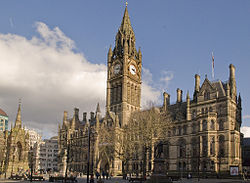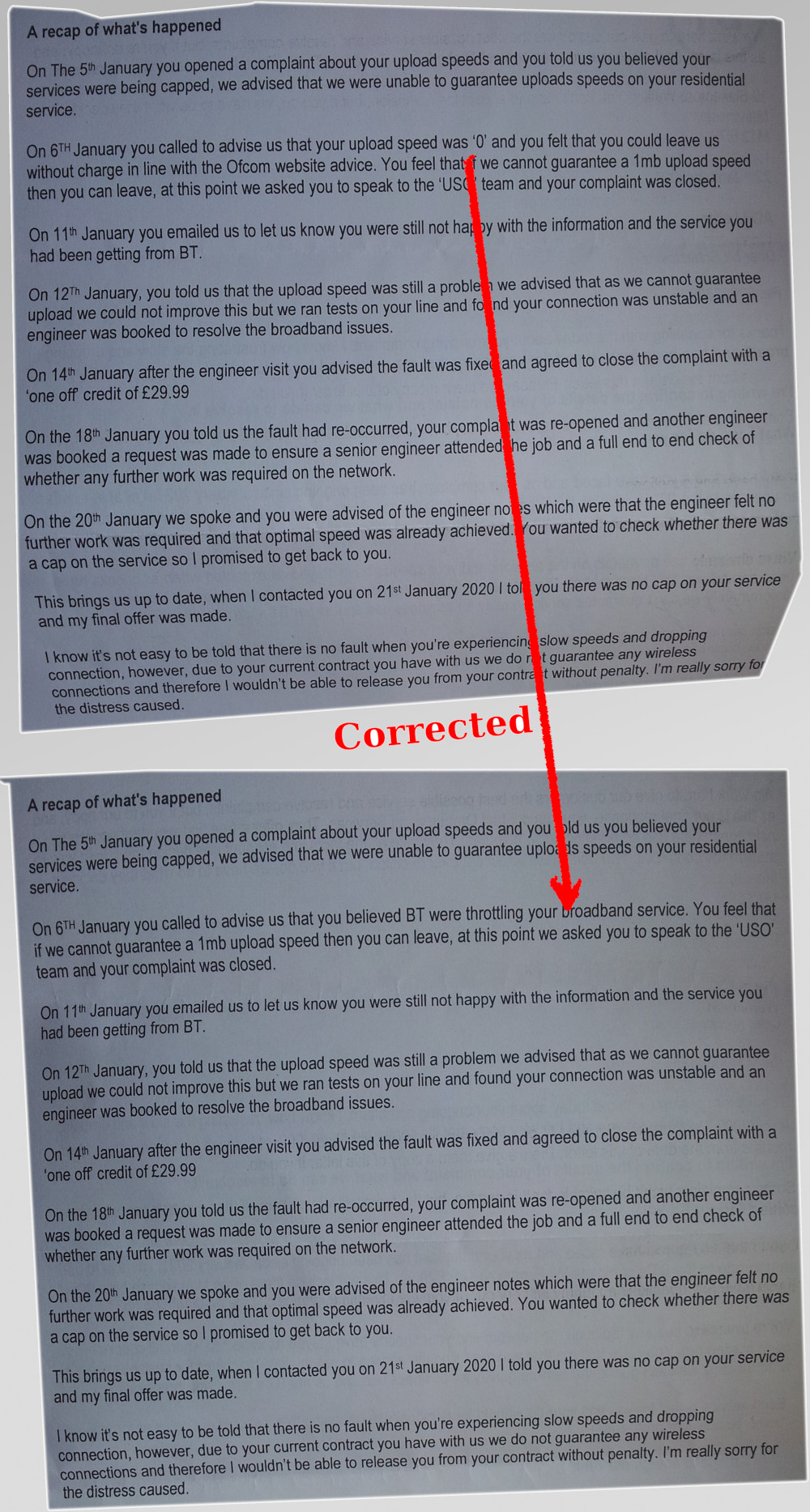The Manchester experience, going ‘online’ for ‘apps’ (so-called ‘self-service’) because who need services anyway?

With “mom” at Manchester Town Hall
 IRST time? My bad. Second? Your fault. Unlike the old saying, “fool me once, shame on you…” (twice… me)
IRST time? My bad. Second? Your fault. Unlike the old saying, “fool me once, shame on you…” (twice… me)
What’s all this commotion about? Is it about privacy? Accessibility? Adherence to law? Or all the above?
Right about now many rules and laws are flouted and violated. In the name of “emergency”… a public health crisis. Perfect justification?
Courts have apparently decided that the equivalent of a telephone call is “trial”; governments are waging an accelerated war on cash, as well. I often wonder if here in Britain we changed the coins (rendering old ones worthless and obsolete) to artificially reduce the money supply; it would be helpful to know how many “old coins” there are compared to “new ones”. The thinking is, maybe they try to impose financial surveillance by “going digital” with scarcity of physical money added to the mix… or removed from circulation.
What’s wrong with digital payments? Apparently a lot of people don’t know or never really thought about it, even in this age of so-called ‘surveillance capitalism’ and mass surveillance without warrant, let alone suspicion or probable cause.
Many who reject digital payments (or “smart” or “touchless” or whatever buzzwords they make up next year) are being framed/painted and sometimes ridiculed as Luddites. That’s kind of funny considering the fact that it’s usually the most technical people who reject technology in payments (so-called ‘novelty’ like “swiping cards” that are little but a piece of plastic with a primitive, cheap chip glued to them). All that insecure chipping and pinning is hardly novel; it’s decades-old ‘technology’ (same for so-called ‘smart’ meters and ‘self-service’ checkout; it could be done decades ago, including the touchscreens, in effect an erosion of customer services or outsourcing of the work to customers).
In reality, it’s the ‘non-techs’ who swallow it all, thinking they’ll seem “techy” for swiping and paying $2,000 for a so-called ‘phone’, compensating for their lack of understanding of where all that data goes and how it’s (mis)used.
The deterioration of our lives is now driven by technology; we were promised technology would make things easier (like doing our laundry, shortening the working days/hours etc.) but in practice people work harder and for longer hours than ever before. People are even being contacted by their bosses well outside working hours. Is this progress?
This brings me to the latest rant. On December 10th 2020 my wife and I went to Manchester Town Hall (temporarily housed partially in Heron House across the road, below GCHQ, as he main building undergoes renovation/overhaul). We went to their office, as explained in the official site, at the specified time with all the documents and a laptop (as required for communication and exchange of details), only to be told the service is not available due to COVID but can instead be done at the Post Office.
Alright then…
So we went to the Post Office, only to be told they don’t do any of that and at least two people had been similarly misdirected earlier in the same day!
What on Earth is going on? ‘Ping-pong’ with people?
So we went back to Town Hall, only to face a different person, who barely even apologised for the misdirection and used “COVID” as a catch-all excuse, instead suggesting contacting the Home Office or urging us to use some Android “app” (which is out of the question).
What if we were disabled or blind? What about options that are paper-based?
This is a terrible regression which actually predates (in part) the pandemic. An “app-only” government would be a travesty for many reasons; like rendering you a non-citizen for refusing to carry around a so-called ‘phone’ that tracks your movement more closely than RFID.
Is COVID a valid excuse here? Hardly. Because apparently, according to information we received from a representative at the Town Hall, this has gone on since March and there’s no projected date or resumption. According to our solicitor, the whole “app” thing was already pushed well before March. They literally want people to take selfies of themselves and then send that to the Home Office, then send sensitive documents over ‘phones’ with back doors.
This isn’t the future; this is not “innovation” but degradation of services spun as “smart” and convenient.
Nothing is as convenient as an informed person interacting with you, dealing with the papers for you, checking the authenticity and ensuring everything is done properly right there on the spot.
I am not a lawyer, I don’t know the pertinent laws and sections, but I know enough to say that the government cannot demand people do those sorts of things with “apps” or digital devices. There must be a fallback. Leaving people ‘hanging’ for almost a year citing “health and safety” cannot be excused because of the COVID-19 pandemic; for several months during summer people could go to pubs and restaurants, so surely Town Hall could facilitate face-to-face (with masks on) meetings.
I will carry on chasing Town Hall next year and will report again.

 ACK in December I complained that in the name of “COVID” (the ultimate source of excuses for just about everything) services that are considered “essential” were shut down, outsourced, and basically ceased to be taken seriously. Citizens became almost ‘disposable’ and there was no effort to help the elderly, the disabled and so on.
ACK in December I complained that in the name of “COVID” (the ultimate source of excuses for just about everything) services that are considered “essential” were shut down, outsourced, and basically ceased to be taken seriously. Citizens became almost ‘disposable’ and there was no effort to help the elderly, the disabled and so on.





 Filed under:
Filed under: 
 ecently I said I would write about the
ecently I said I would write about the 


 IRST time? My bad. Second? Your fault. Unlike the old saying, “fool me once, shame on you…” (twice… me)
IRST time? My bad. Second? Your fault. Unlike the old saying, “fool me once, shame on you…” (twice… me) AST night I saw a somewhat ‘trollish’ bunch of reports. I saw Slashdot [1], linking to Phoronix [2] with a grammatical mistake in the headline (“Yes, Linux Does Bad In Low RAM / Memory Pressure Situations On The Desktop”).
AST night I saw a somewhat ‘trollish’ bunch of reports. I saw Slashdot [1], linking to Phoronix [2] with a grammatical mistake in the headline (“Yes, Linux Does Bad In Low RAM / Memory Pressure Situations On The Desktop”).